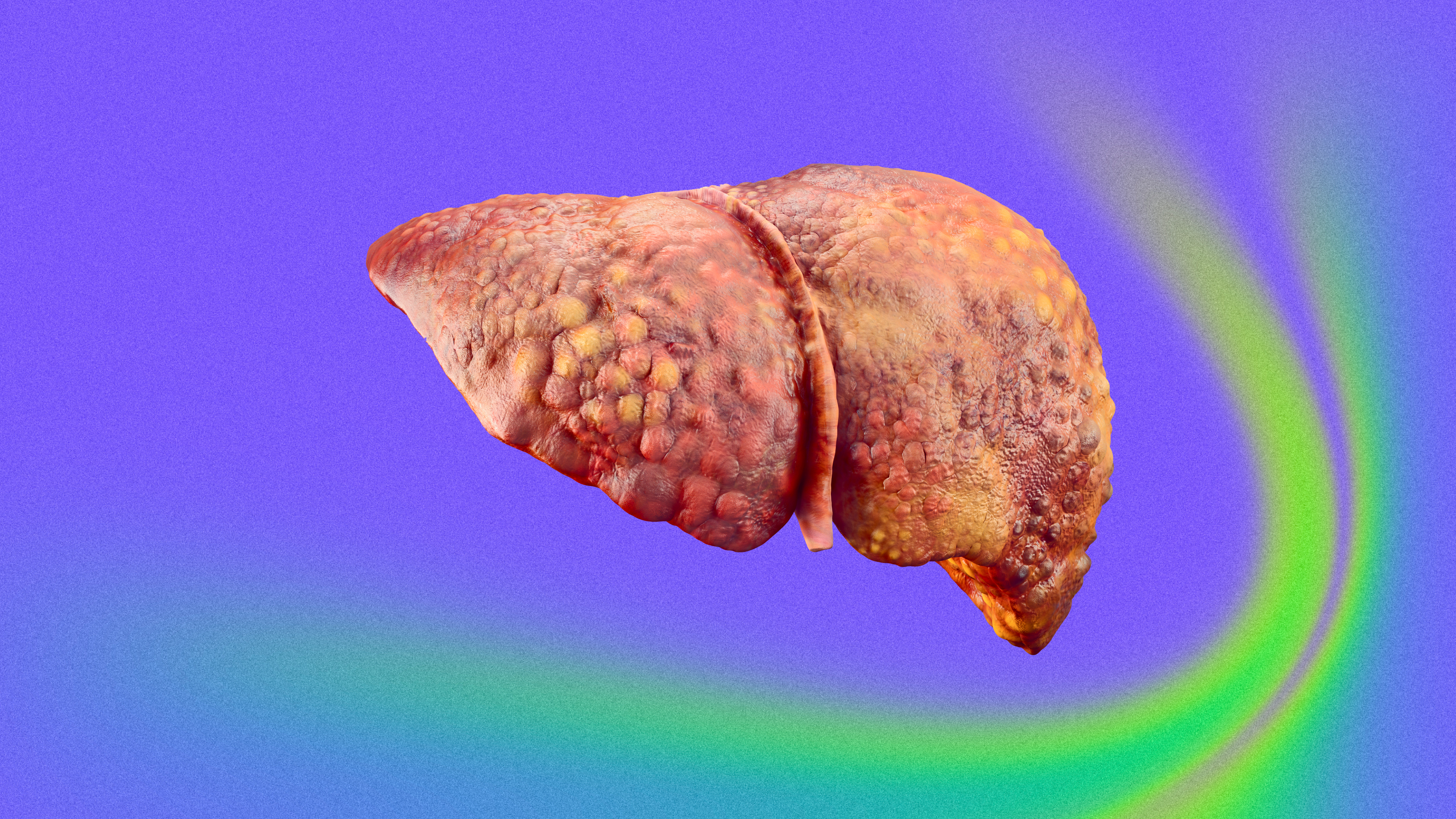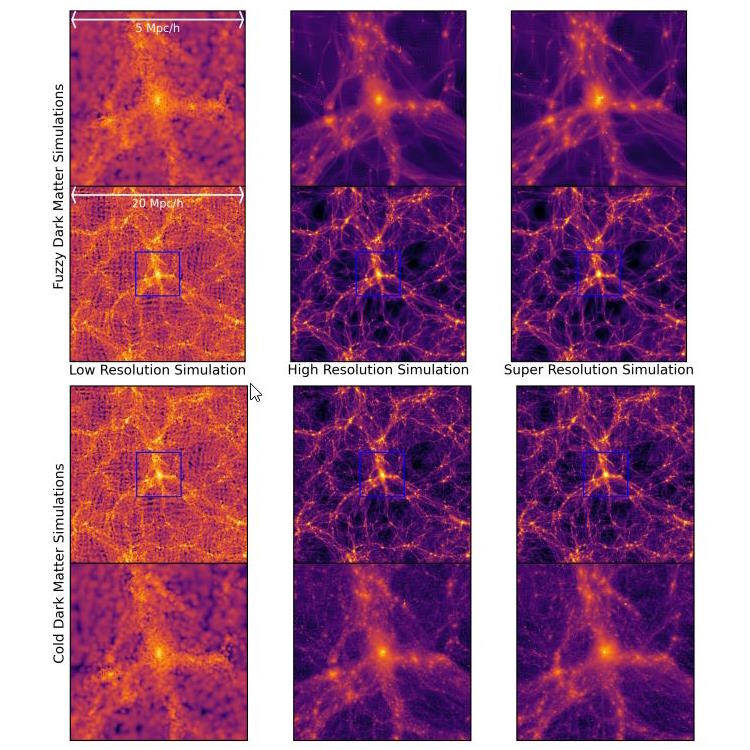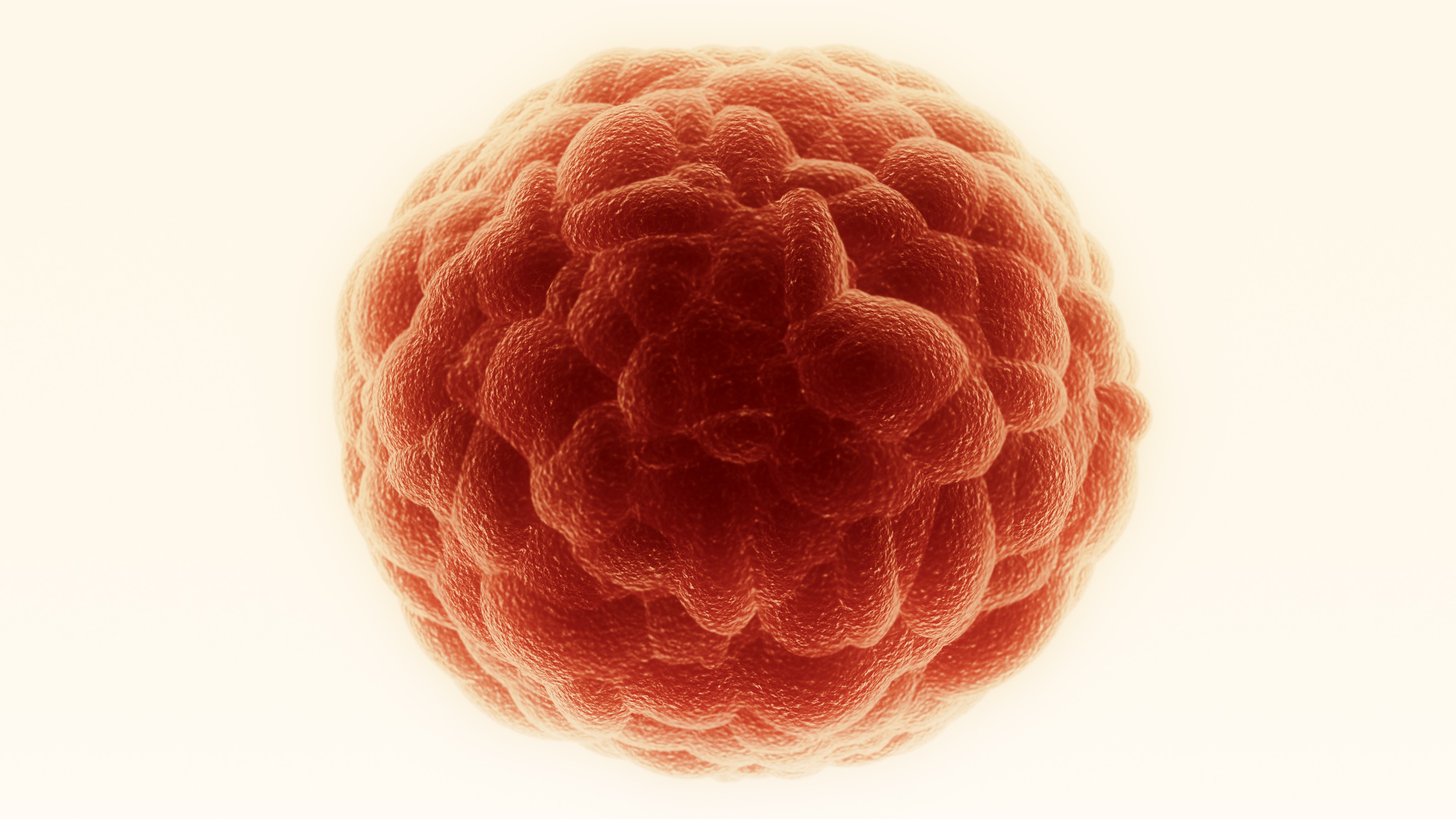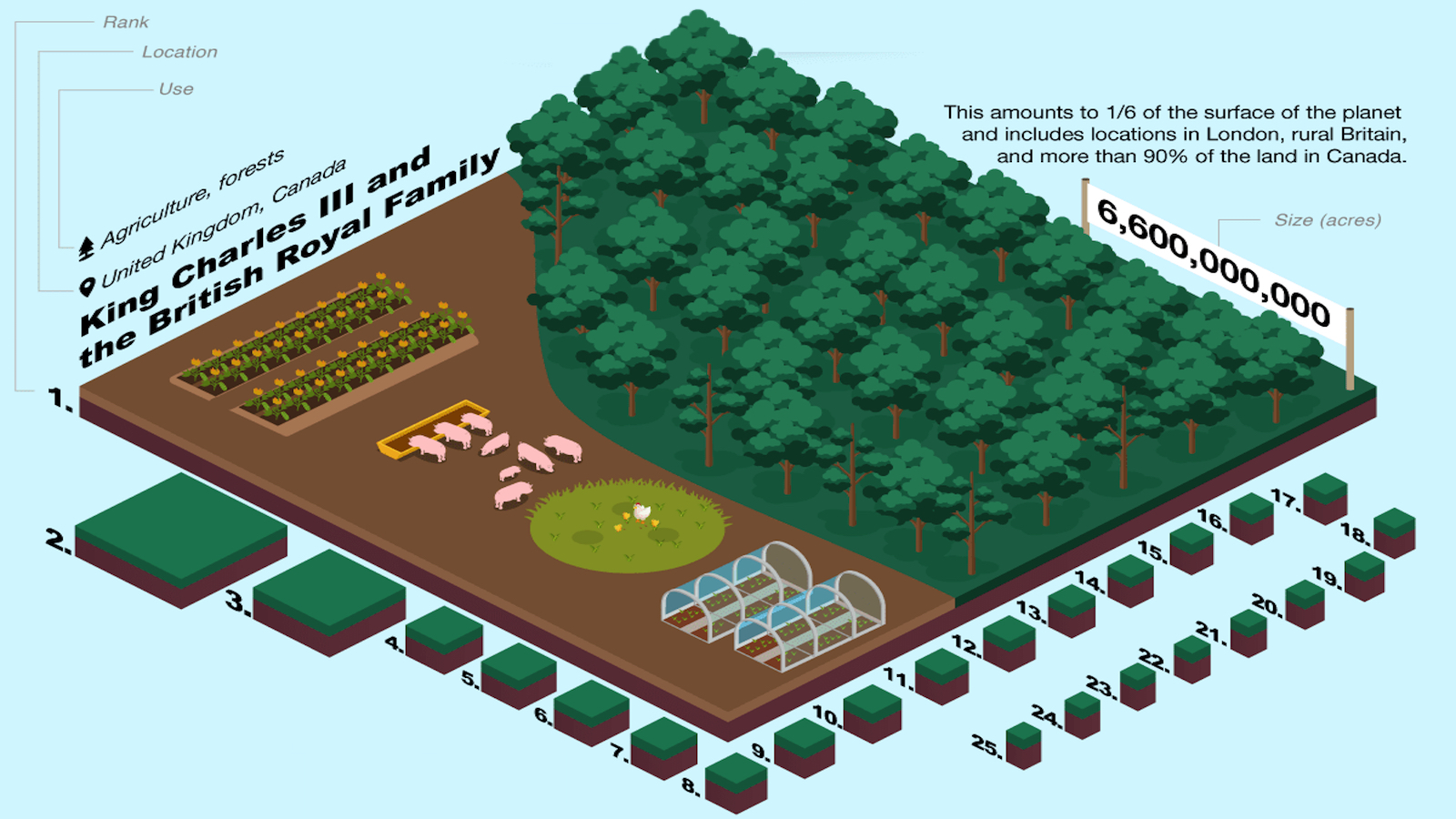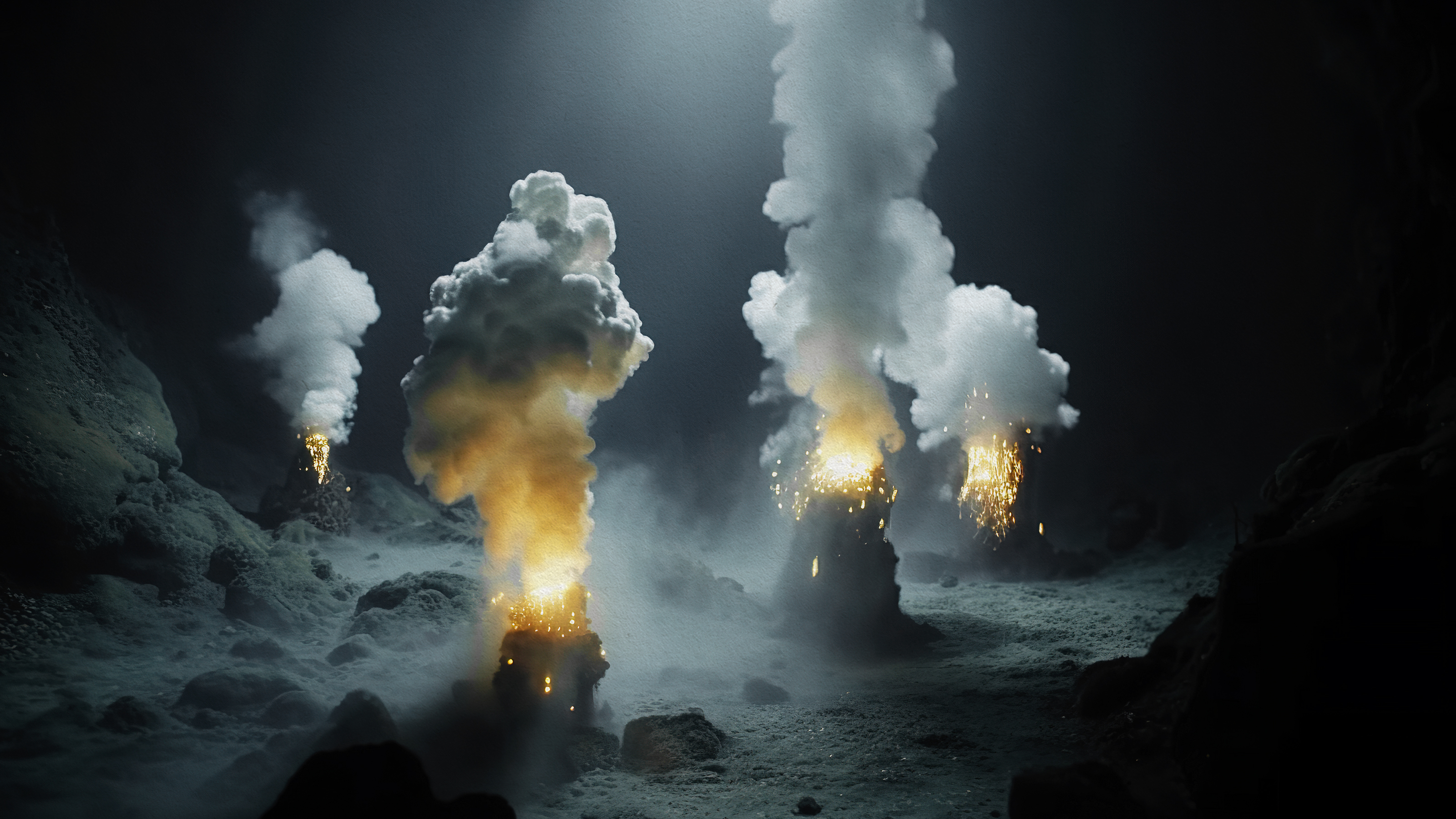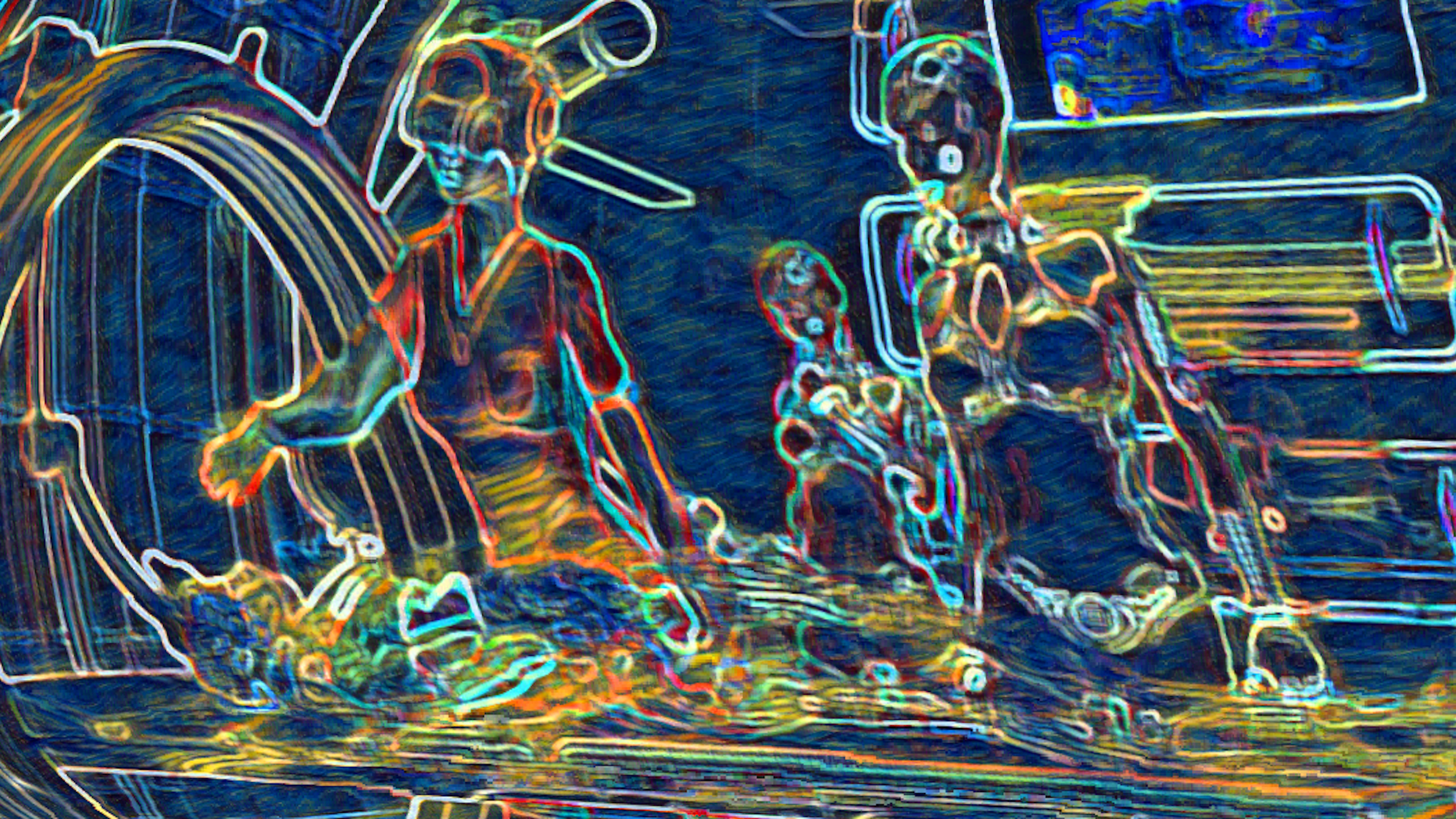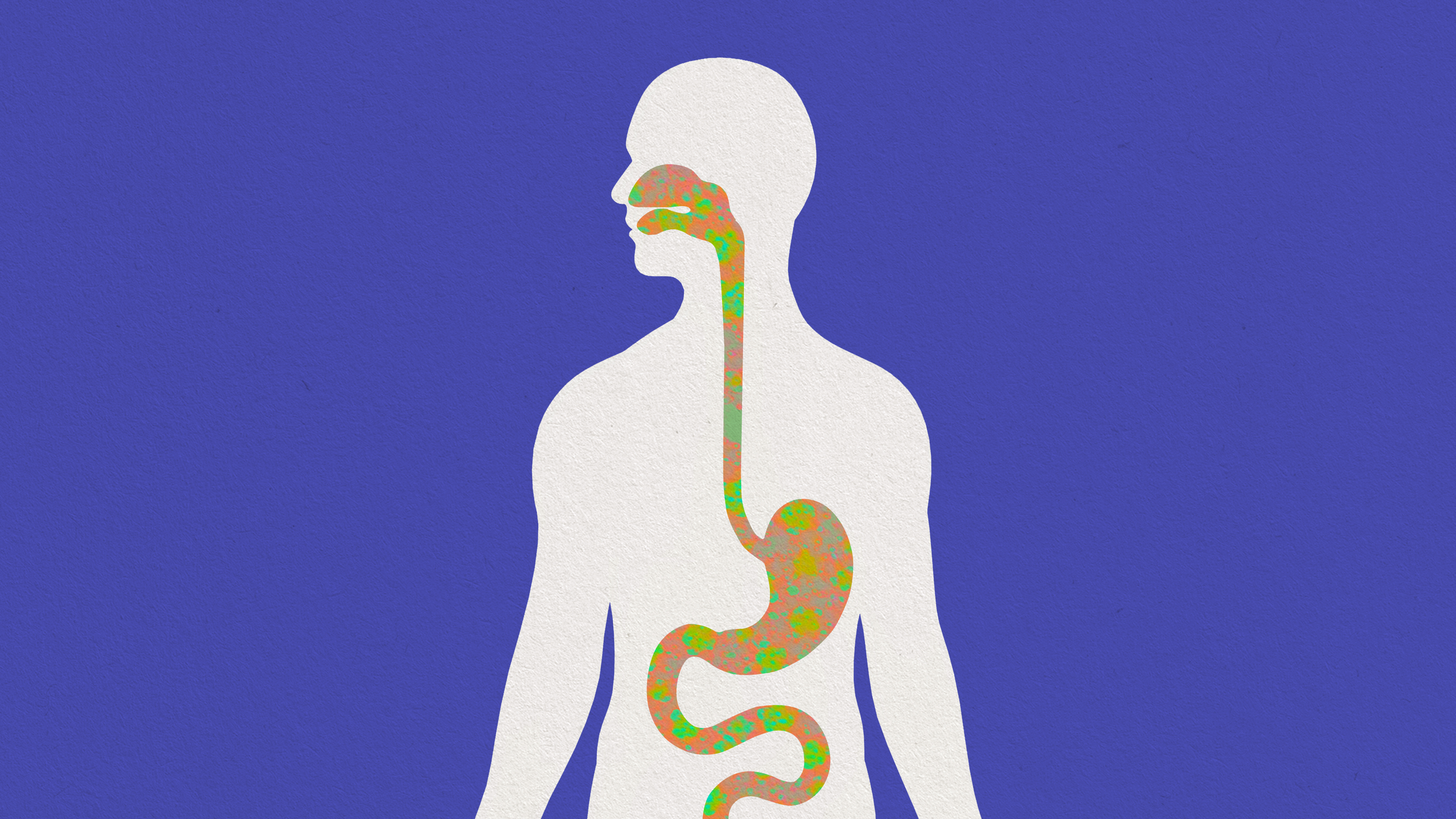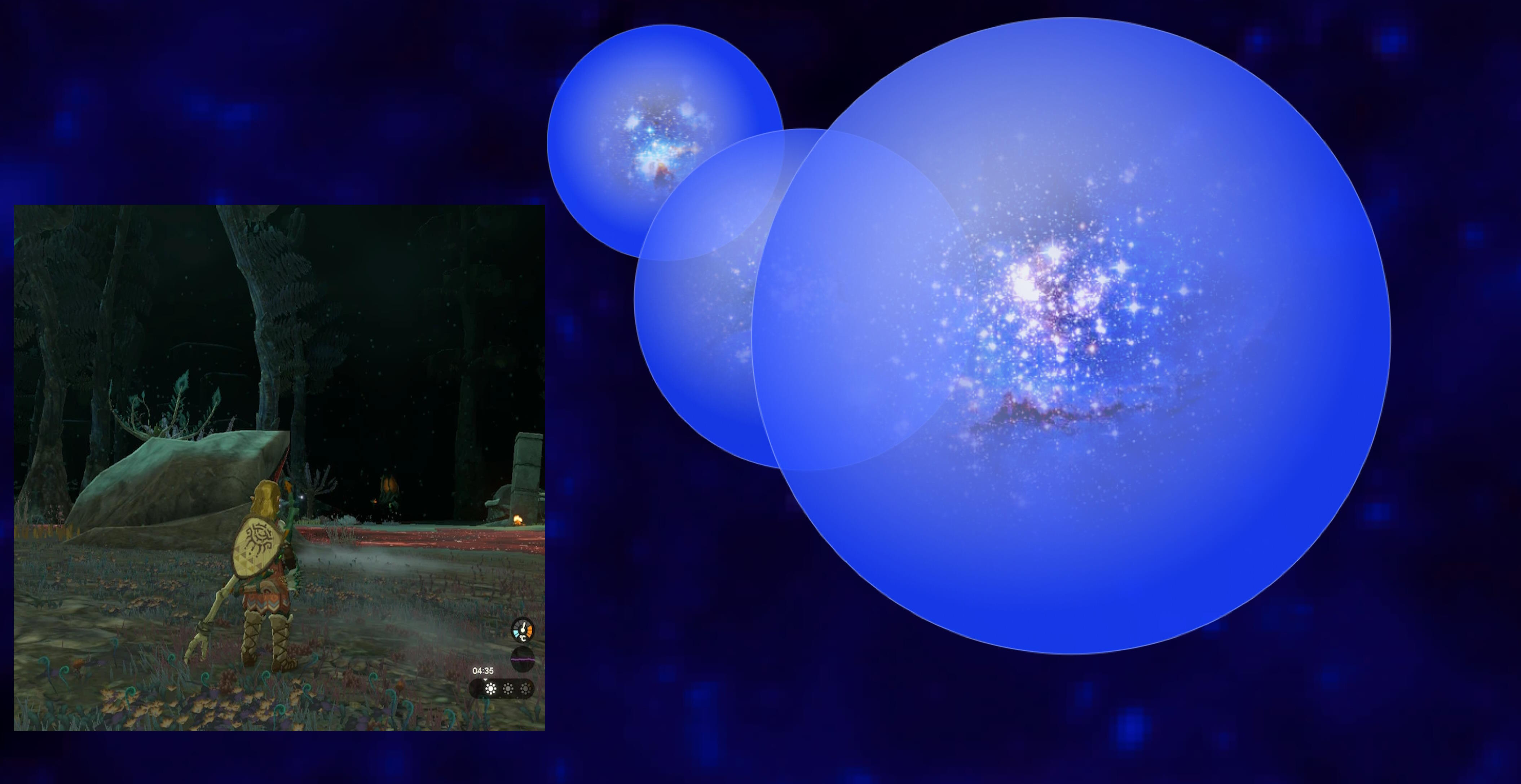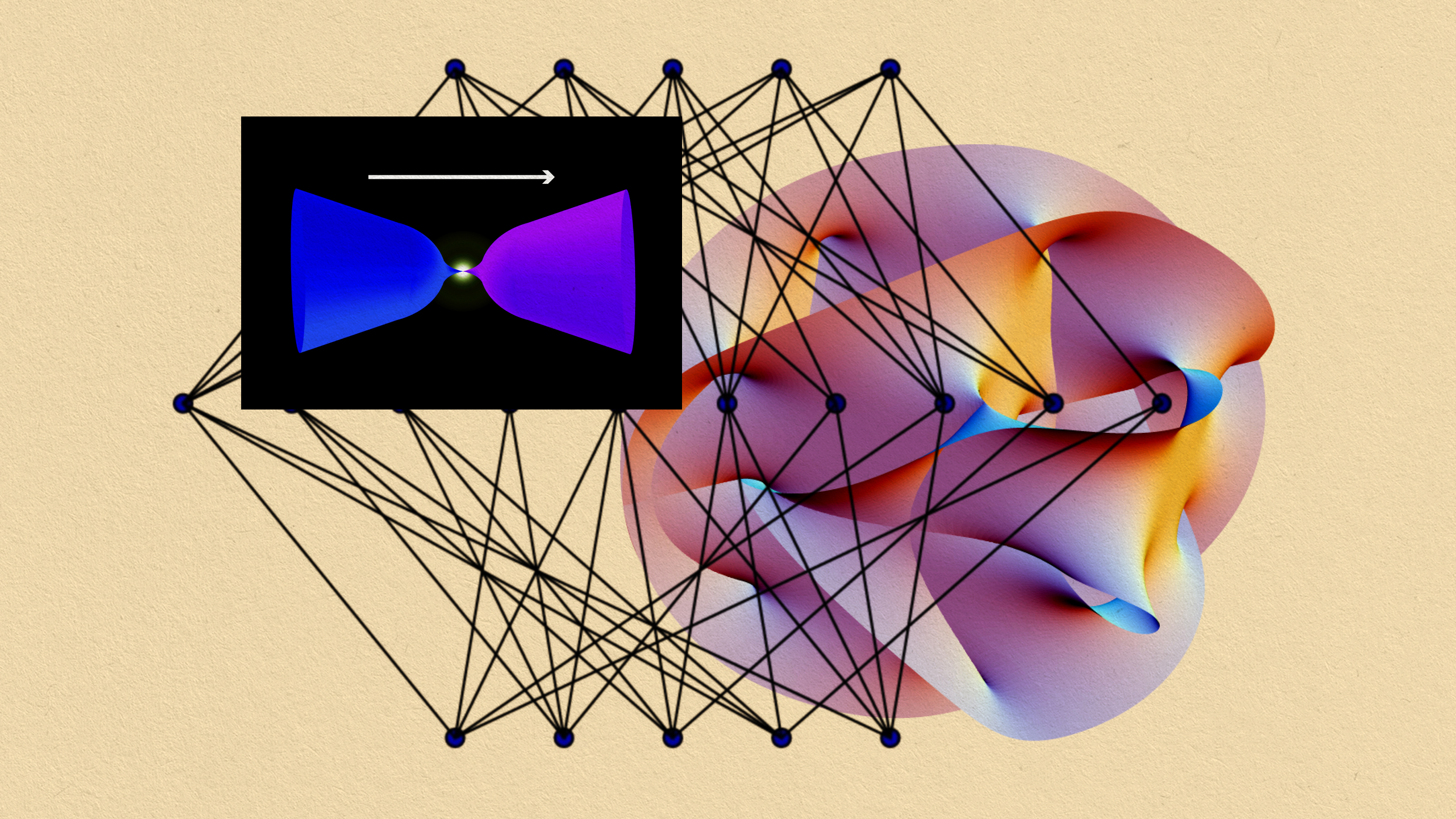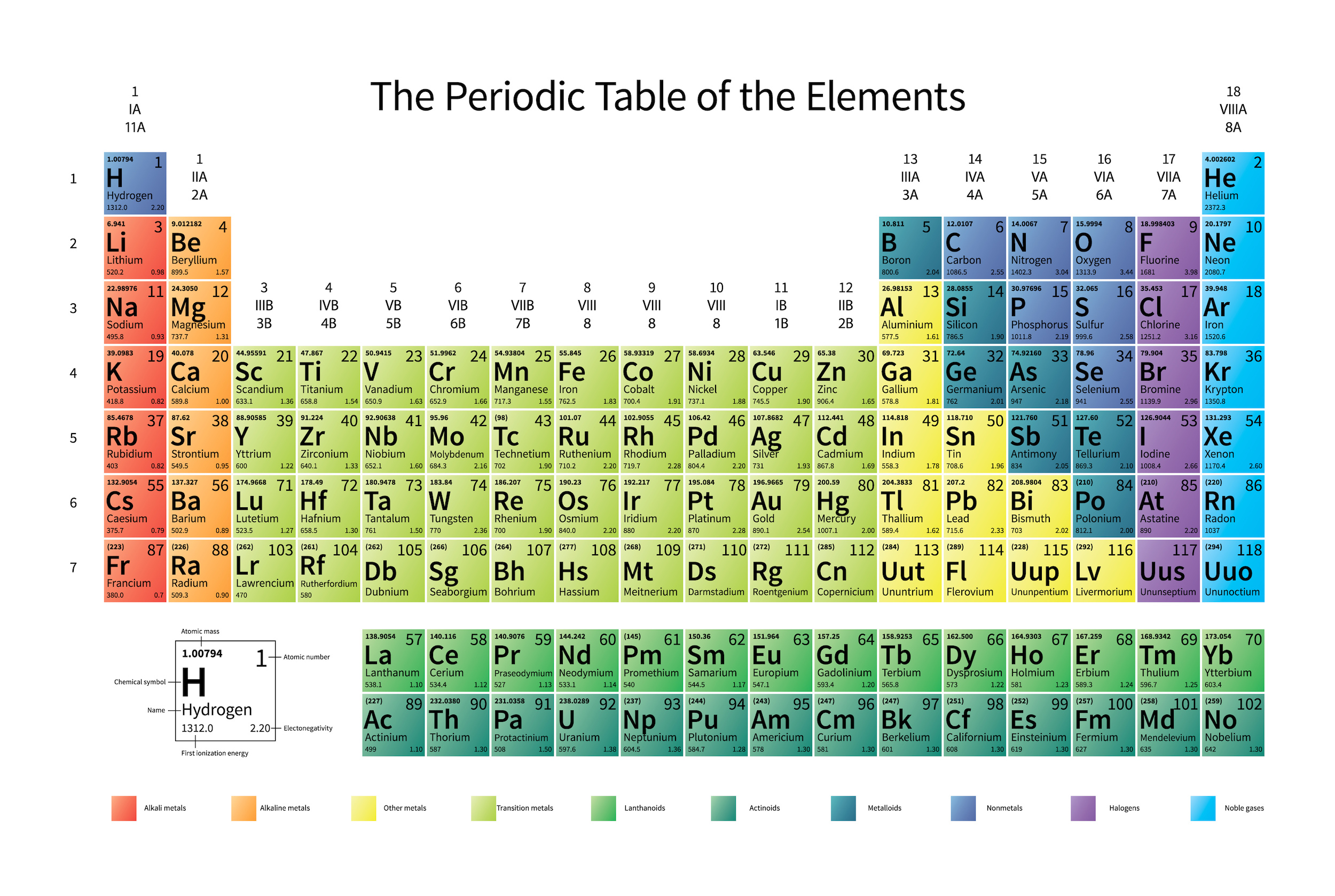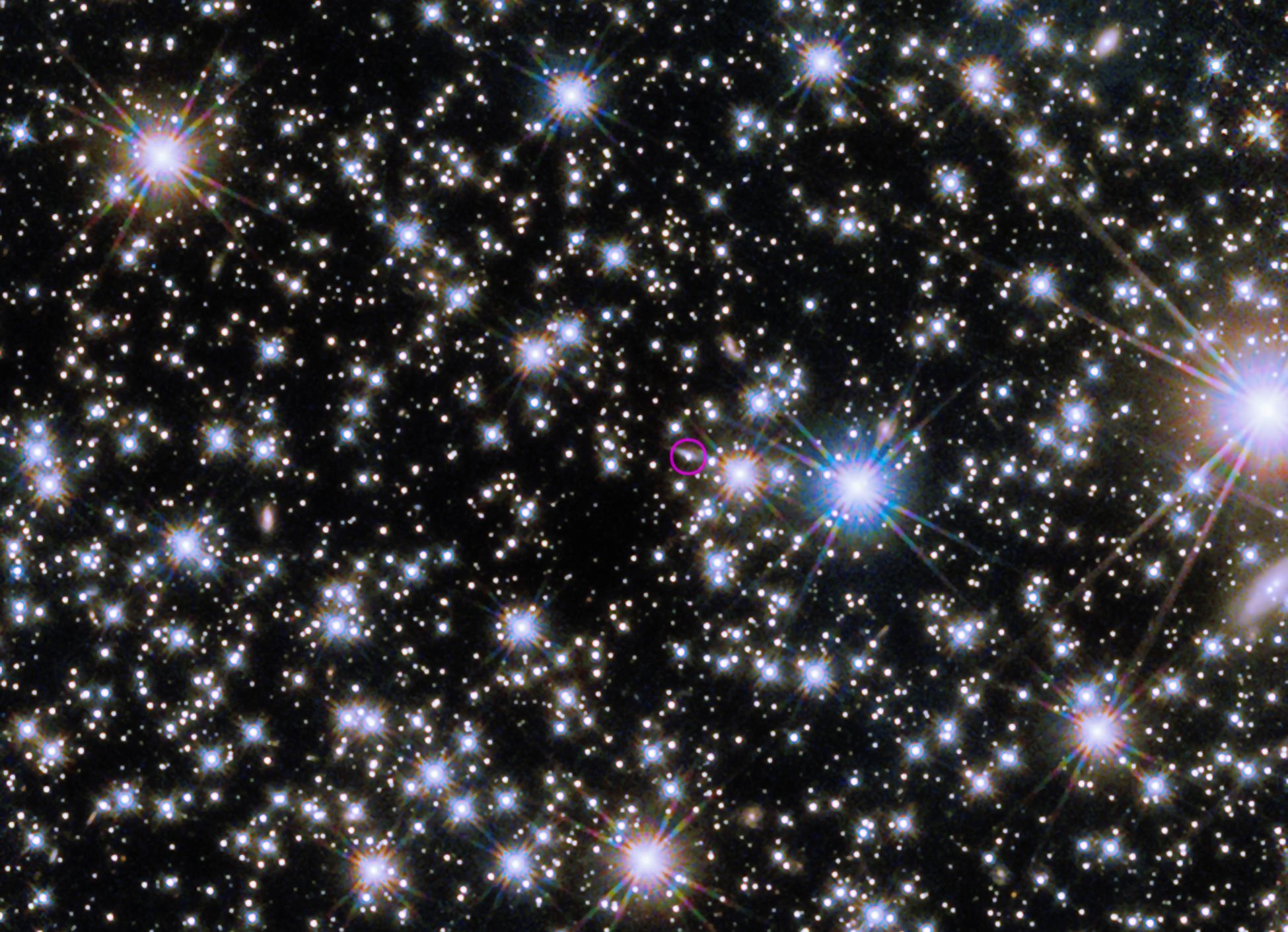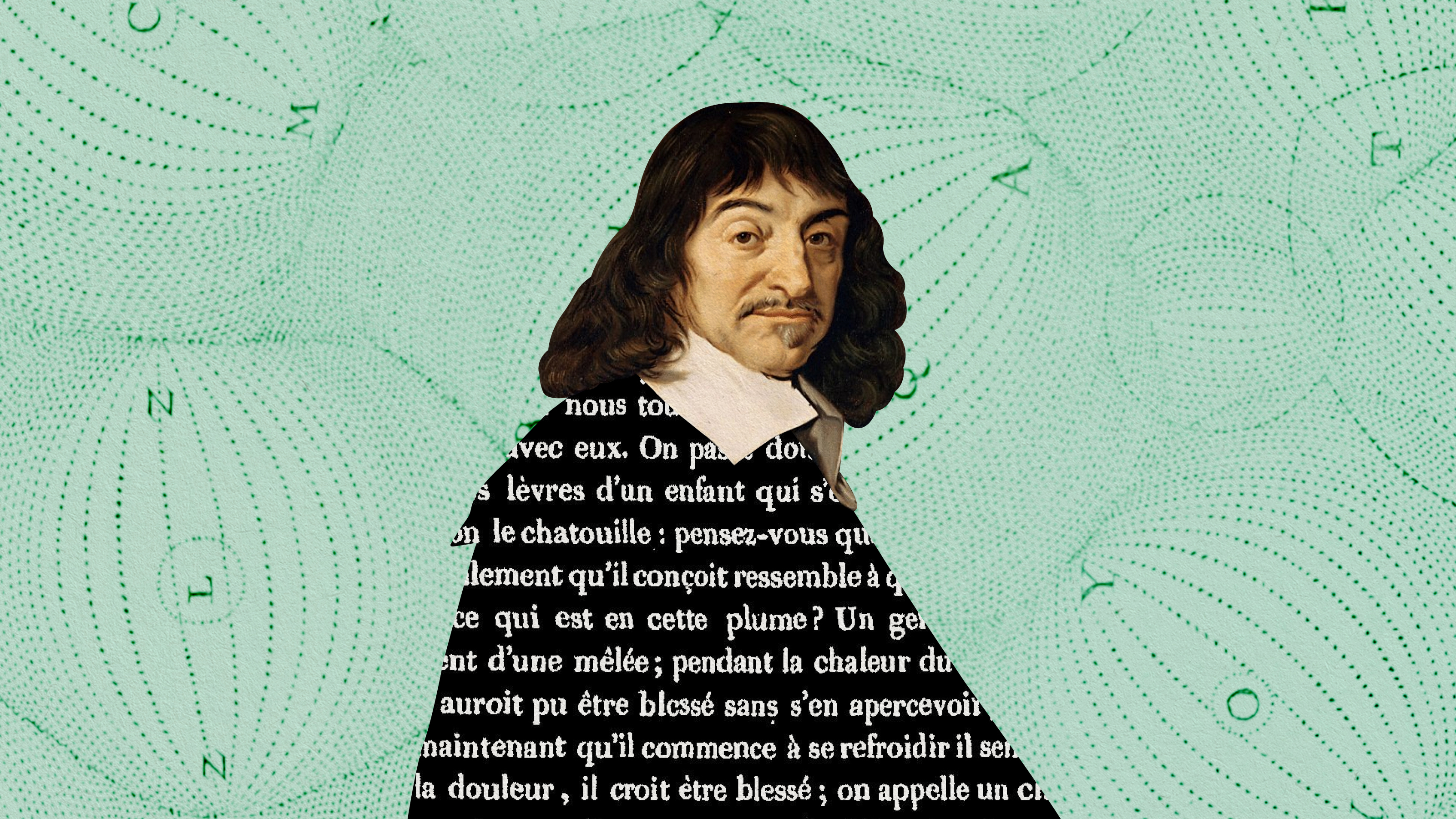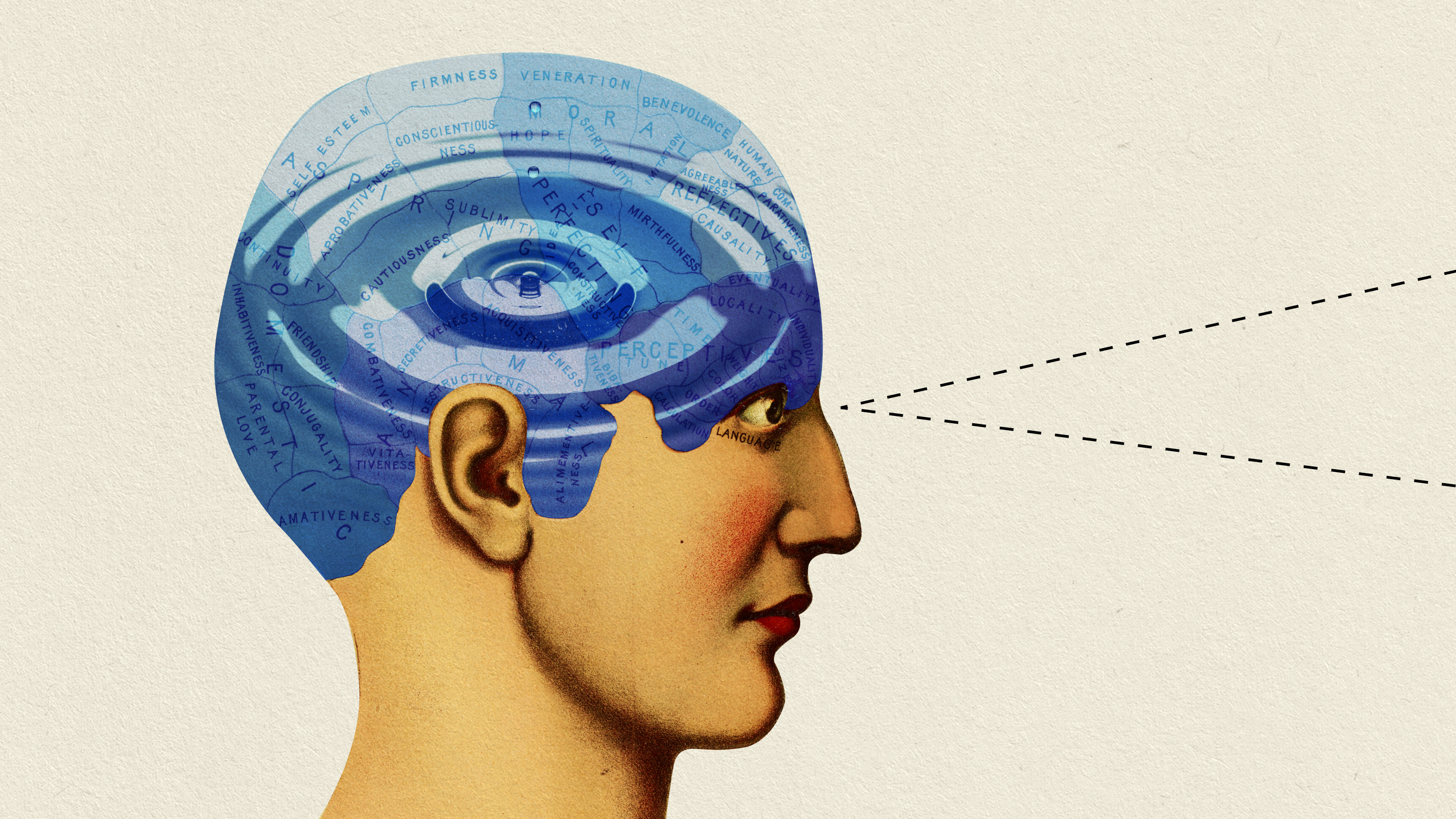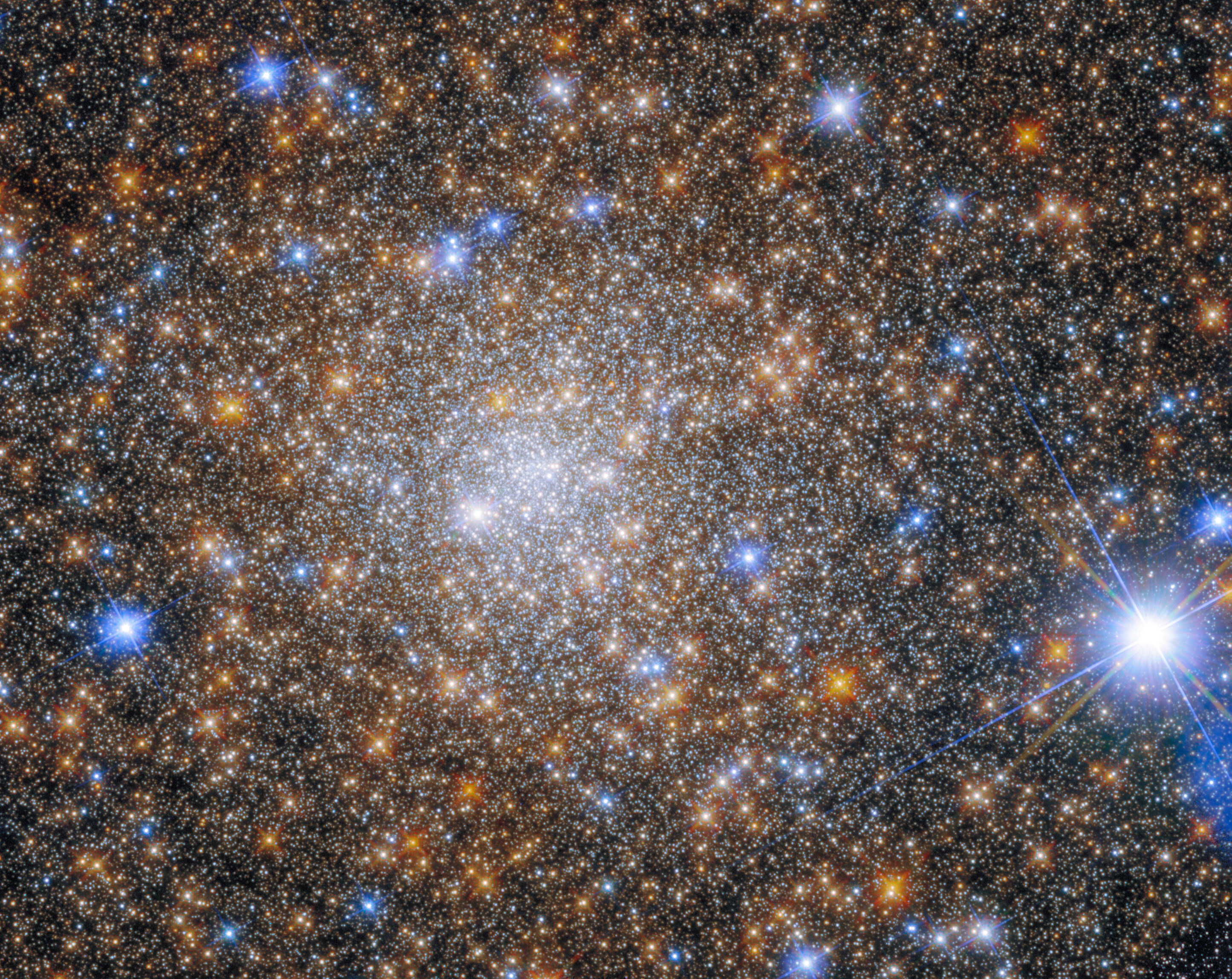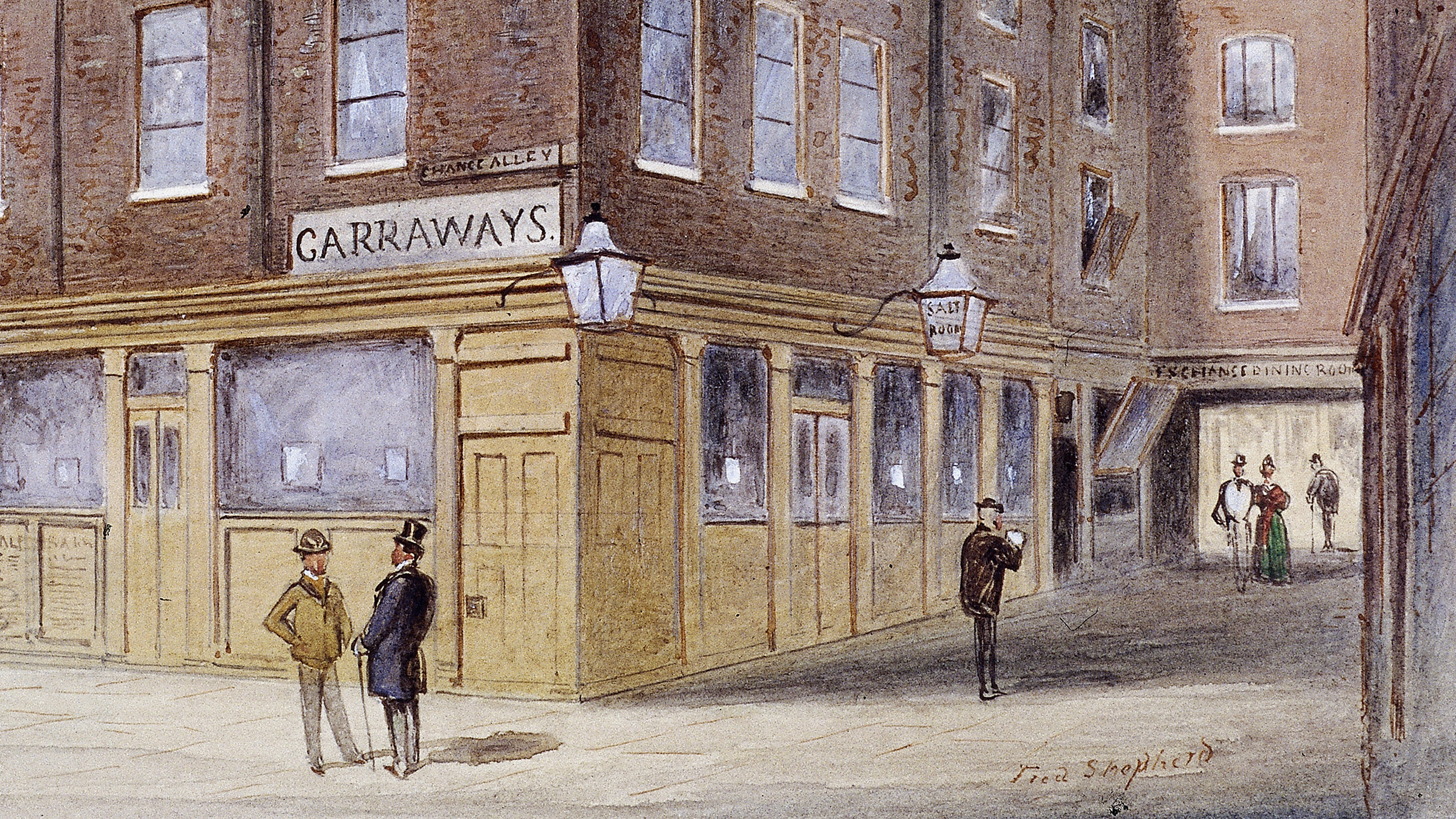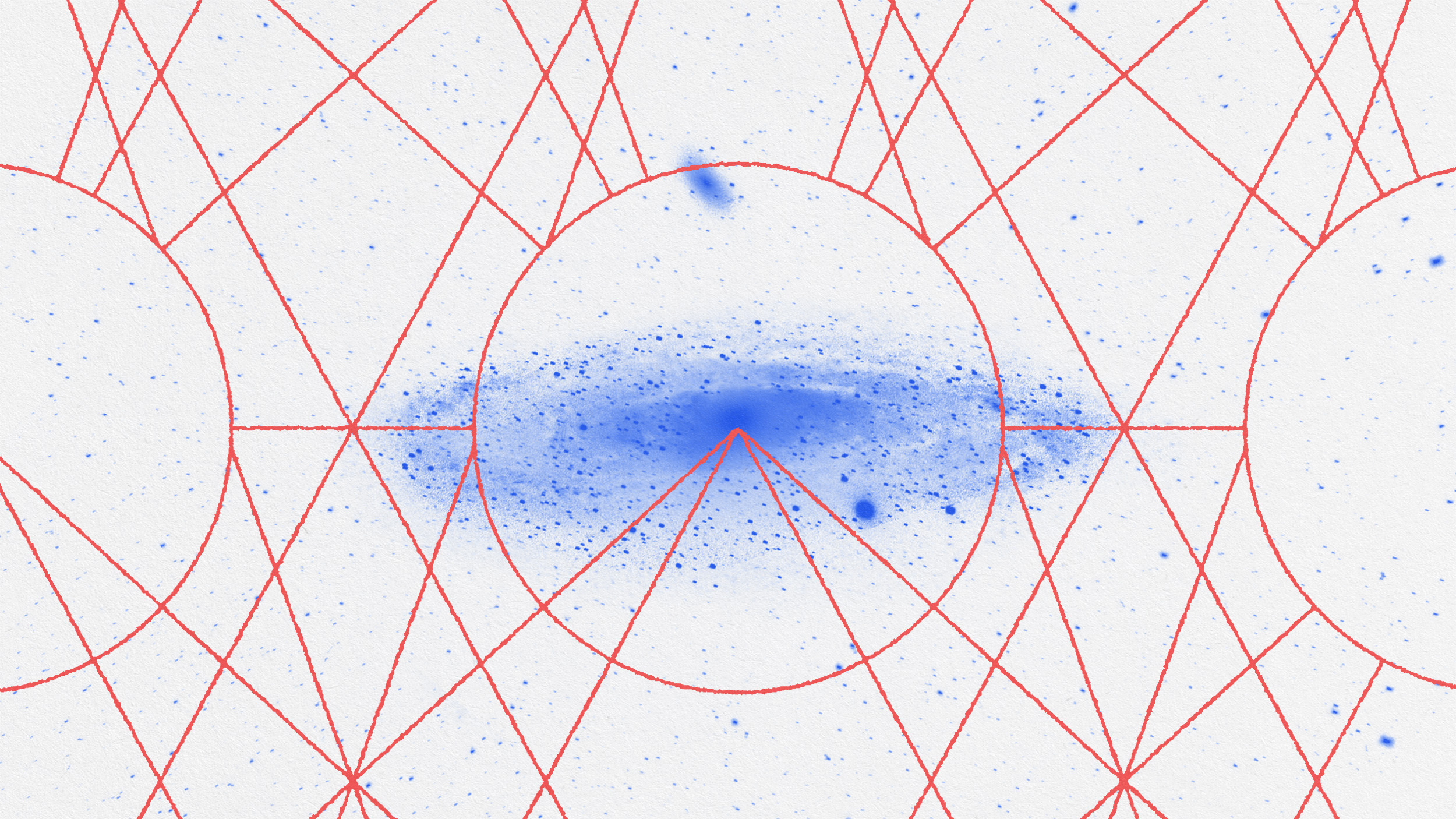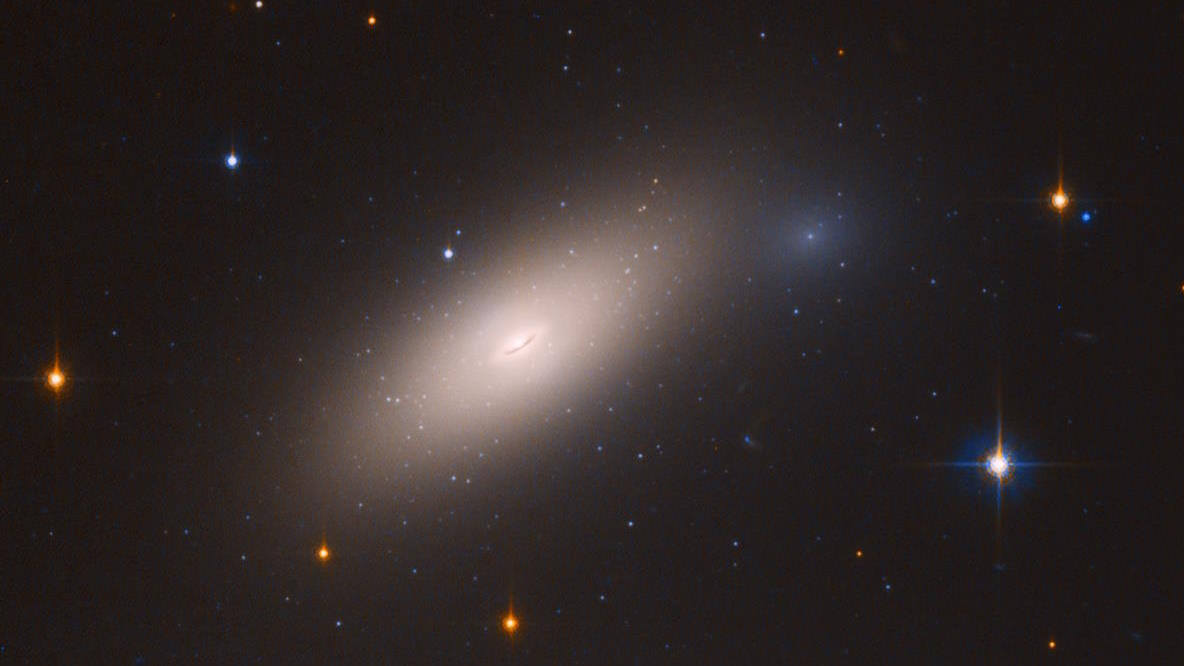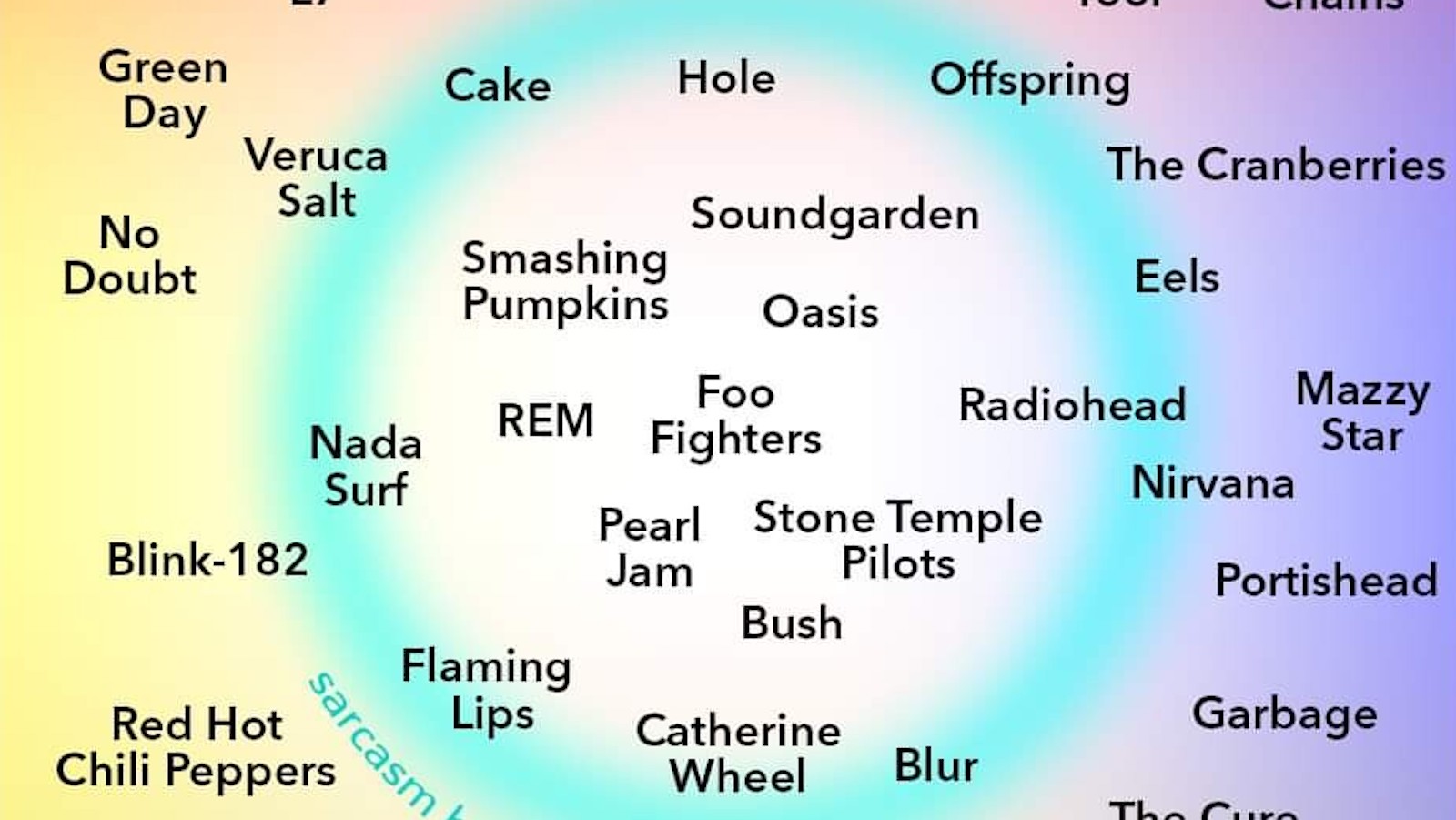And it seems to work alongside popular weight-loss medications, like Ozempic.
Pessimism reigned supreme.
In a far-reaching discovery with astrophysicist Karolina Garcia, we discuss what’s in the Universe and how it grew up.
A new online religion is spreading misinformation and phony products.
Cancer likes glucose. So take it away.
Unlock the paradoxes of life through poetic realism.
Meet the world’s largest landowners.
New research shows that the transition from general to specific memories involves the maturation of inhibitory neurons in the hippocampus.
If we waited long enough, would even protons themselves decay? The far future stability of the Universe depends on it.
Nobody actually knows what will come of AI. But we can console ourselves with the knowledge that nobody has ever really known anything about the future.
Origin of life studies have always focused on a set of strict environments that could give rise to life. Ante-life opens new possibilities.
From cosmetic procedures to heart operations, the introduction of AI will create an ethical minefield.
A secret to a long, healthy life may lie in the diversity of gut viruses, which can supercharge bacterial metabolism and resist disease.
What do the dark recesses of the early Universe and Zelda: Tears of the Kingdom have in common? More than you could have ever hoped for.
How are we to deal with the quantization of spacetime and gravity?
The National Suicide Prevention Lifeline relaunched last year with a new number, yet few Americans are aware of the helpline and its purpose.
There may be more energy in methane hydrates than in all the world’s oil, coal, and gas combined. It could be the perfect “bridge fuel” to a clean energy future.
Up until 2002, we thought that the heaviest stable element was bismuth: #83 on the periodic table. That’s absolutely no longer the case.
For linguists, the uniqueness of the Basque language represents an unsolved mystery. For its native speakers, long oppressed, it is a source of pride.
The brightest gamma-ray burst ever observed, GRB 221009A behaved in unexpected ways that might help us understand how they occur.
Descartes broke from the European philosophers who preceded him and devised a new way of considering humanity and the world.
Brain activity may be more like “ripples in a pond” rather than signals sent on a telecommunications network.
Sun-like stars live for around 10 billion years, but our Universe is only 13.8 billion years old. So what’s the maximum lifetime for a star?
A study found that older adults who cannot balance on one foot for ten seconds have an 84% higher risk of death than those who can.
Centuries ago, the typical British coffeehouse was more like a “school without a master” than a place to grab a quick boost of caffeine.
Neuroscientist and author Bobby Azarian explores the idea that the Universe is a self-organizing system that evolves and learns.
At the turn of the millennium, a physicist fooled the global scientific community with the greatest discovery that never existed.
June 12, 2023
A quote apocryphally attributed to Henry Ford goes, “If I had asked people what they wanted, they would have said faster horses.” Our crossword this week covers recent critical innovations and the debate as to whether they will be beneficial or detrimental to mankind’s survival.
With hundreds of billions of stars burning bright, some galaxies are already dead. Their inhabitants might not know it, but we’re certain.
The Foo Fighters are at the dead center of the map, so all the other bands are happier, sadder, angrier, or hornier.
